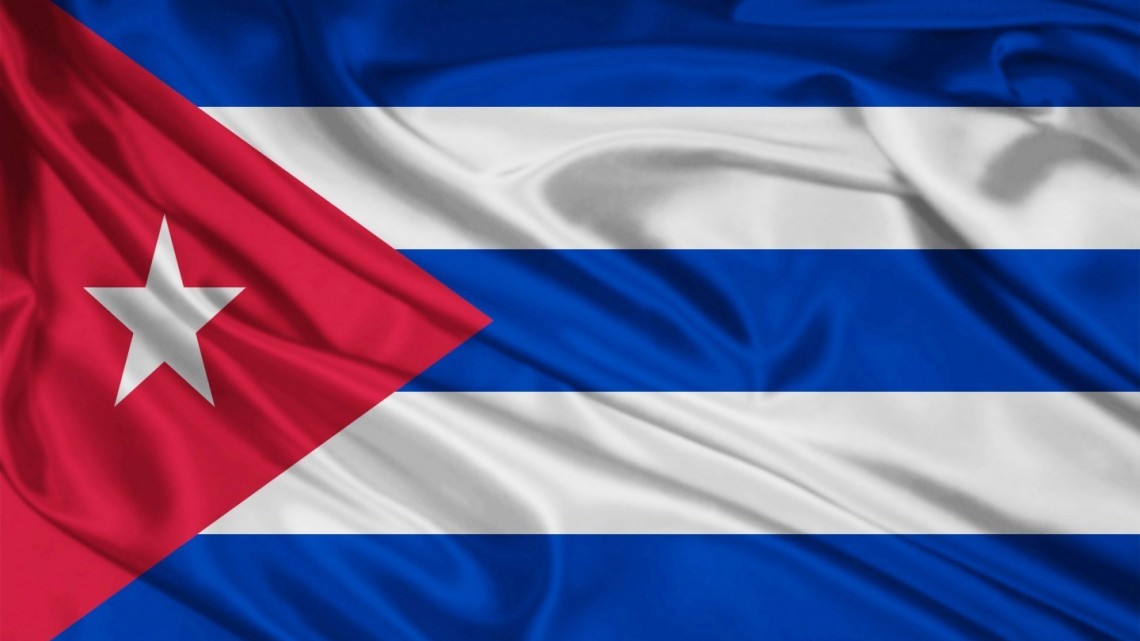Cubans fleeing in high numbers despite new diplomatic ties
ALICIA A. CALDWELL, Associated Press
WASHINGTON (AP) — While more than 50 years of enmity between the United States and Cuba is slowly vanishing, the renewed relationship is raising concerns among some on the communist island nation that the U.S. could also erase a unique immigration policy that favors Cubans.
Those fears are largely unfounded, yet tens of thousands of Cubans have fled since President Barack Obama announced the normalization of relations between the countries in late 2014. The rush to leave has led to the highest number of people trying to make the dangerous sea crossing in the past eight years, according to internal Homeland Security Department documents obtained by The Associated Press.
“The perception is that the time is now. Given all that is going on, I could see how that perception would exist,” said Coast Guard Capt. Mark Gordon.
The rapprochement between the Cold War foes could have benefits for people in each country. But Cubans worry that once U.S. tourists and businesses flock to Havana, American politicians will move to end an immigration policy that basically allows any Cuban who can make it to U.S. soil to stay.
Cubans can get permanent resident status after living in the U.S. for a year and can later become a citizen as part of the decades-old Cuban Adjustment Act. No other immigrant community is afforded the same on-arrival treatment. Most foreigners trying to come to the United States without a visa try to cross the Mexican border illegally, and typically are arrested and face deportation.
The special treatment for Cubans has long been a draw, but attempts to get to the U.S. by sea have recently reached worrisome levels.
During the 2015 budget year, more than 4,400 Cubans set out for the U.S. by sea, a 20 percent increase over the previous year, according to Coast Guard figures. The agency has had to step up its presence in the Florida Straits to deal with more people on overcrowded, makeshift rafts or barely seaworthy boats. Between October 2015 and this March, more than 4,300 people tried to make the dangerous trip.
Would-be immigrants caught at sea are returned to Cuba, so the rush has made people more desperate, with some actually wounding themselves with knives or guns in the hopes they will be taken to a hospital in the U.S. instead of sent back. Others try to flee rescuers and refuse life jackets.
More than 25,800 other people have also arrived at ports of entry, the bulk of them crossing the border in Laredo, Texas.
Lourdes Mesias, who leads the refugee program for Lutheran Services Florida, said newly arriving immigrants have described harrowing trips, both at sea and over land through Latin America and into Mexico.
“As Cubans we don’t see any changes on the horizon,” said Mesias, who came to the United States from Cuba 17 years ago.
Instead, she said, the economic conditions on the island “are worse and worse every day” and human rights have yet to improve.
“That’s the reason why they are putting themselves in those very high risk situations,” Mesias said. “They are trying for hope. For something better.”
Though migration has been a topic of discussion between the two countries, changes to U.S. immigration laws have not been formally proposed by either government.
Since October 2014, U.S. Customs and Border Protection has processed nearly 75,000 Cubans who arrived at ports of entry, many of them in Laredo. During the same period, more than 131,800 families and unaccompanied children, mostly from Central America, have been apprehended at the border in the Rio Grande Valley. The Cubans were allowed into the United States while the families and children were almost all ordered to appear in immigration court.
Rep. Henry Cuellar, D-Texas, said “there’s just something unfair” about the special treatment of Cubans.
Cuellar and Rep. Blake Farenthold, R-Texas, have introduced legislation to end the preferential treatment. Cuellar said he doesn’t expect the bill to pass ahead of the presidential election in November, but said the issue needs to be addressed.
“I don’t want to take anything from Cubans, but it’s a matter of a sense of fair play and how we treat each other,” Cuellar said.
Republicans, including GOP presidential candidate Sen. Ted Cruz, have balked at making any changes to the U.S. relationship with Cuba.
[livemarket market_name="KONK Life LiveMarket" limit=3 category=“” show_signup=0 show_more=0]







No Comment